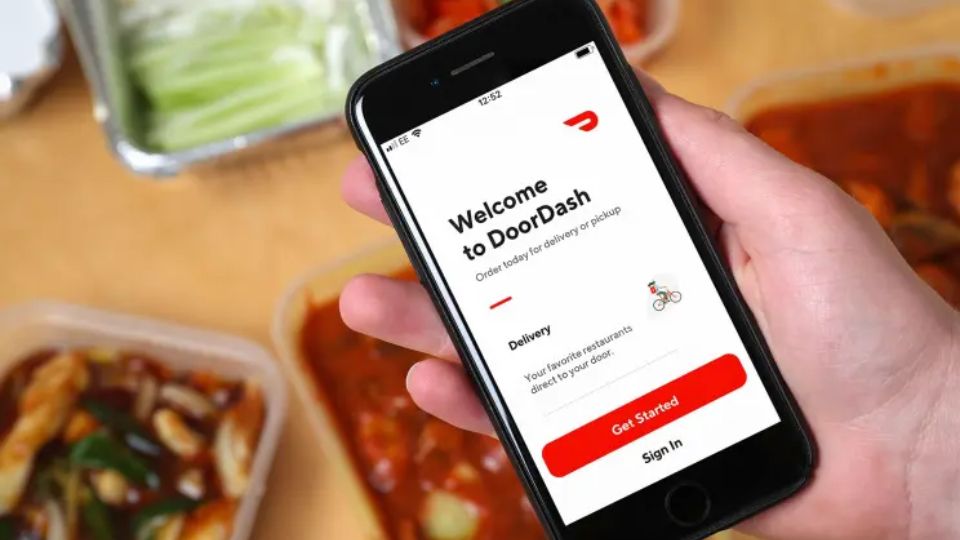“If at first you don’t succeed, make the problem worse” appears to be the belief of New York lawmakers. Last June, the City Council made a rule that app-based food delivery workers must be paid at least $17.96 per hour. This rule caused big changes in the delivery system.
Services similar to UberEats quickly made changes to how they pay their drivers in order to save money. They reduced the number of drivers working each day and gave priority to the drivers who were the busiest. This meant that drivers who didn’t have as many deliveries and relied on food delivery as a way to earn extra money were left out.
UberEats and DoorDash had to increase their prices due to higher labor costs. They also made changes to the checkout process, allowing customers to tip after the order is delivered.
Drivers noticed a significant decrease in the number of hours they worked and the amount of tips they received. A similar story happened in Seattle.
Also Read: California Committee to Discuss NDA Prohibition in New Law Negotiations
When customers find the high price of having fries delivered to their door too expensive, they either cancel the order or stop ordering altogether. The math is easy to understand: When there are fewer orders, it means there is less work for drivers and they receive fewer tips. A “minimum hourly wage” is not helpful if you are not working any hours.
City Councilman Shaun Abreu (D-Manhattan) is planning to cause more difficulty: Believing that the changes made by the apps were meant to punish workers (instead of trying to avoid problems with new laws), he has proposed two bills. The first bill would make apps ask users to leave a tip before the delivery is made. The second bill would set a default minimum suggested tip of 10%, giving customers the option to change or remove the tip if they want.
The expected result is that we will see a continuation of what we have already witnessed: a decrease in the number of customers using delivery apps and an increase in delivery drivers not being able to find work.
Instead of acknowledging that government interference did not achieve the desired outcome, Abreu is choosing to continue with the same approach, which is likely to lead to a disaster for the drivers he is supposed to be assisting.



Leave a Reply